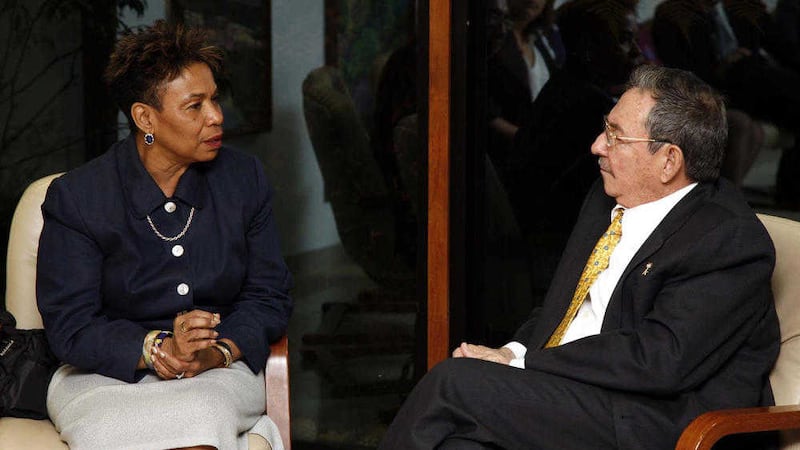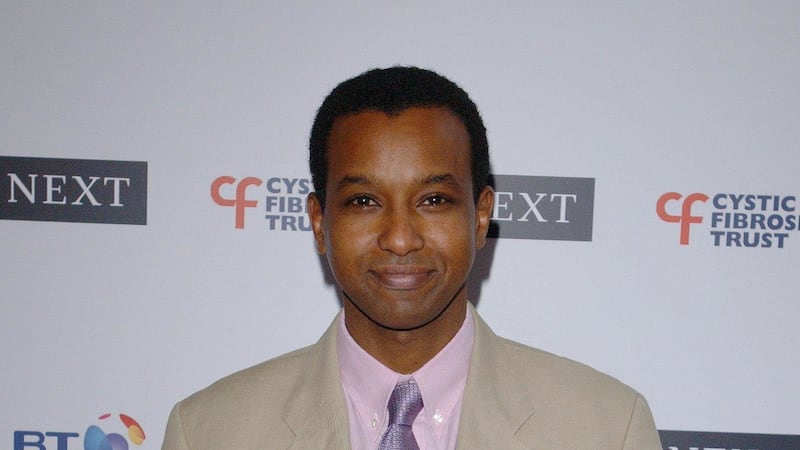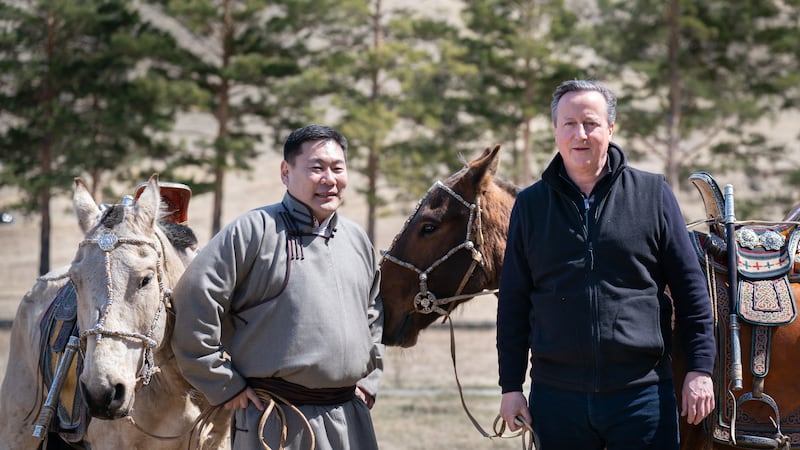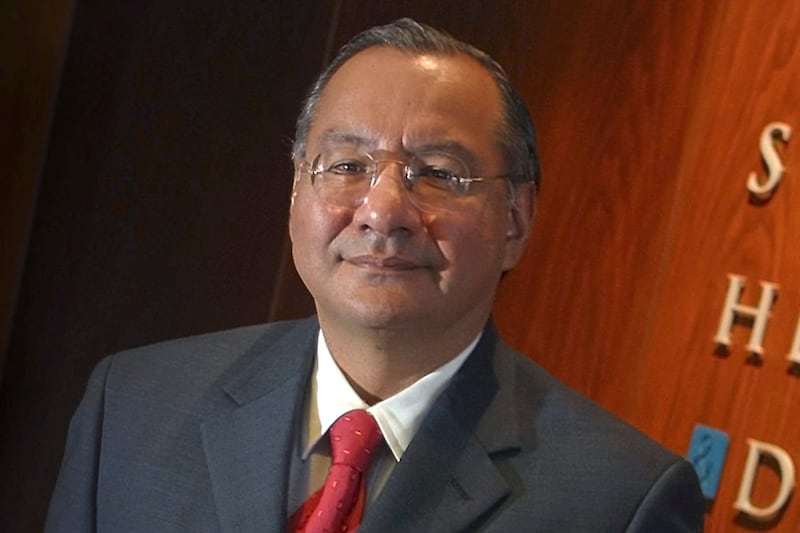The Cuban government has said it is reimposing a travel permit requirement on many doctors.
The move, which is an attempt to counter a brain drain, means some medics will be required to get permission to leave the country.
It is the first major reverse in Cuba's policy of allowing unrestricted travel for its citizens, put in place in 2012 as president Raul Castro allowed new freedoms as part of a broad set of social and economic reforms.
The government announced on the front page of state media on Tuesday that doctors in specialities that have been drained by large-scale emigration in recent years will now be required to get permission from Health Ministry officials in order to leave the country.
The new policy was announced hours after the end of a meeting on Monday between US and Cuban negotiators in Washington to address a crisis in Cuban migration, which has reached its highest levels in at least two decades.
Cuba complained that the US said it had no plans to change Cold War-era policies that give automatic legal residency to Cuban immigrants.
The government announcement cited anaesthesiology, neurosurgery, obstetrics and gynecology and neonatal care as among the specialities worst-hit by emigration of doctors in recent years.
"The migration of Cuban health professionals is a concern for the country," the government announcement read, blaming US laws that aid Cuban medical emigration for having "the perverse objective of pushing Cuban health professionals to abandon their missions in other countries."
The Cuban government cites free, universal health care system as one of the crowning achievements of its socialist revolution. Medical missions abroad are one of the most important sources of foreign exchange for the Cuban government, which receives tens of thousands of dollars a year in cash or commodities for each doctor it sends overseas.
Inside Cuba, many doctors and nurses complain that their profession has been devastated by waves of departures, with vital specialists now absent in many clinics and hospitals.
Over the past two years, at least 100,000 Cubans have emigrated to the United States. The pace has quickened dramatically this year, with many Cubans fearing that the detente announced nearly a year ago between the United States and Cuba will mean the end to special migration privileges.
Left-leaning Latin American allies of Cuba began cracking down on Cuban migration last month. Nicaragua closed its border to Cuban migrants, leaving at least 3,000 trapped in emergency shelters in northern Costa Rica.
And Ecuador last week imposed a visa requirement for Cuban travellers in an attempt to end its role as the starting point for most Cuban migration. The move set off two days of angry protests outside the country's embassy in Havana.








